Preferred Frames
© Oleksandr RupetaSpecial needs, developmental disorders, intellectual disabilities, mental retardation—our society is still trying to find the right words to use for people who are different from the norm. As well as the words, we are trying to find the right behavior patterns to direct toward such people. As a result, the attitude of humanity has radically changed over the previous century.
In past history, the approach to this population can best be described as indifference and ignorance, with the exception of ancient Greece, though such reflections there were more theoretical in nature. From the beginning to the middle of the 20th century, attempts were made to cleanse the gene pool of what were seen as incomprehensible, alien elements of society.
Such attempts began to be equated with practices associated with Nazism, such as the practice of racial hygiene or getting rid of unwanted social groups.
The pursuit of equal rights for people that are different from the majority began only in the second half of the 20th century. The first international treaty including explicit provisions for the rights of people with disabilities was adopted in 1961. Specifically in relation to people with mental disabilities was adopted in 1971, it was called the Declaration on the Rights of Mentally Retarded Persons.
What we have in the present is the understanding that along with the humanistic evolution of society, the concept of disability is evolving. There is a sense of responsibility and an accepted belief that “disability is not an attribute of an individual, but rather a complex collection of conditions, many of which are created by the social environment” (WHO, International Classification of Functioning, Disability and Health, 2002). At the same time, the objective reality today is that discrimination against these people continues to exist. It does not stand out so clearly against the background of racial and sexual discrimination but only because less attention is paid to it. People with disabilities continue to remain strangers to the majority: incomprehensible and dangerous. This view arises primarily from ignorance and a misunderstanding of what to expect from them.
The general situation in Ukraine remains rather complex. There are numerous closed boarding schools, not reformed since Soviet times, in every part of the country. In these institutions, people who were left orphans or whose parents abandoned them, are doomed to live until death. Sometimes it is possible to get people out of there through the efforts of volunteers, but these are isolated cases. The process of reforming and disbanding boarding schools has not gone further than talk at the government level.
State support is provided for special educational institutions and clubs for children and adolescents. But as soon as such a person reaches the age of majority, the state assigns him a pension and ceases to be interested in him. Adult life never begins for such people, and they are practically doomed to isolation in apartments or closed boarding institutions.
Through the efforts of volunteers and caring parents who have faced similar problems, charitable institutions are being opened to address this issue. There have also been several experiments in creating homes for supported living. But all these are unique cases kept up by the enthusiasm of the founders and do not solve the problem as a whole.
With this project, I wanted to try to at least slightly reduce the distance between people with disabilities and the public majority. To me, just showing and talking about the problem was not sufficient to break stereotypes. I wanted to create a conversation with such people, to give them a voice. This required a type of collaborative practice with project participants. I gave them a camera and asked them to photograph what is important to them and what they want to share about themselves. My series consists of two types of photos: those taken by the subjects themselves, and portraits I took to expand the topic.
It seems to me that in this conversation it is important to find a middle ground, without expressing excessive pity or unnecessarily heroising the subjects. It is better to remember that we are all, above all, human beings.
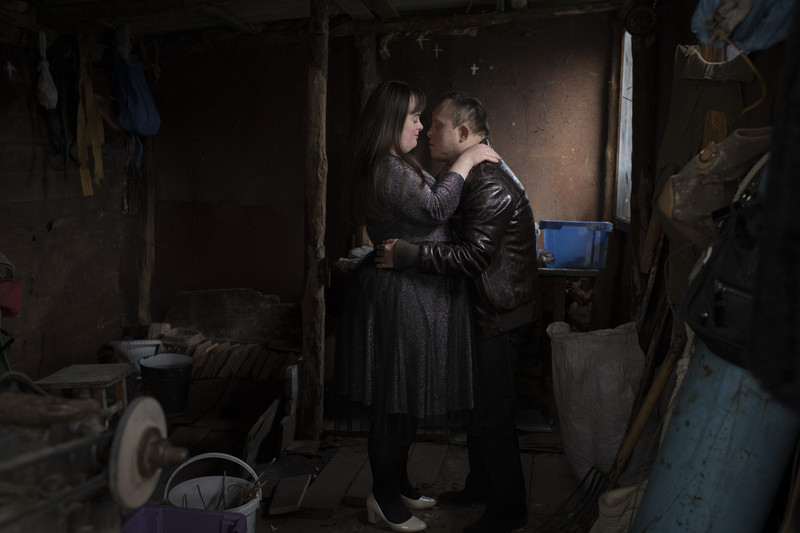
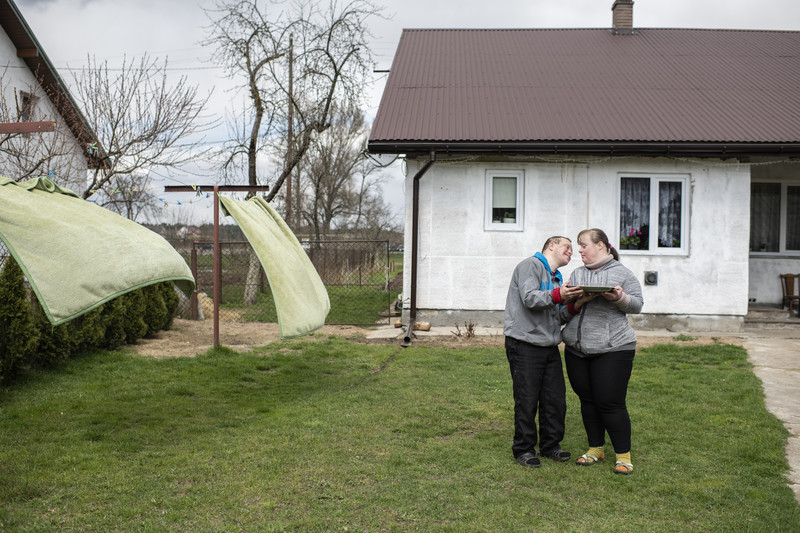
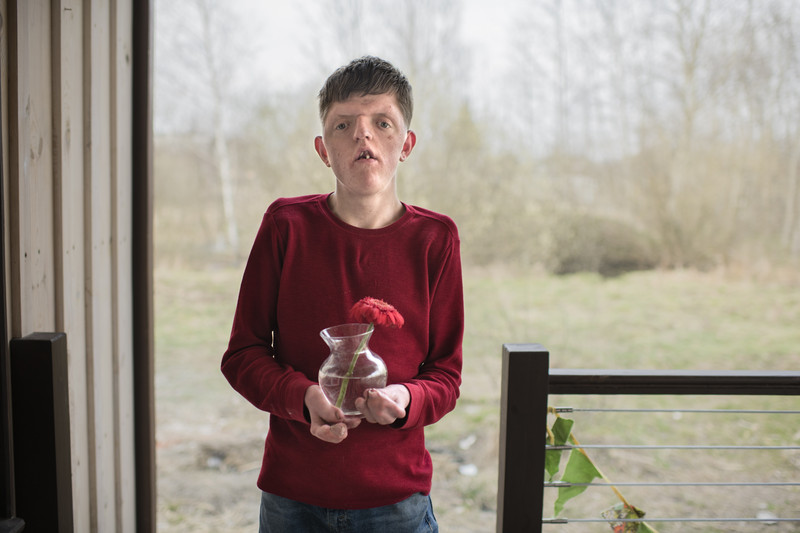
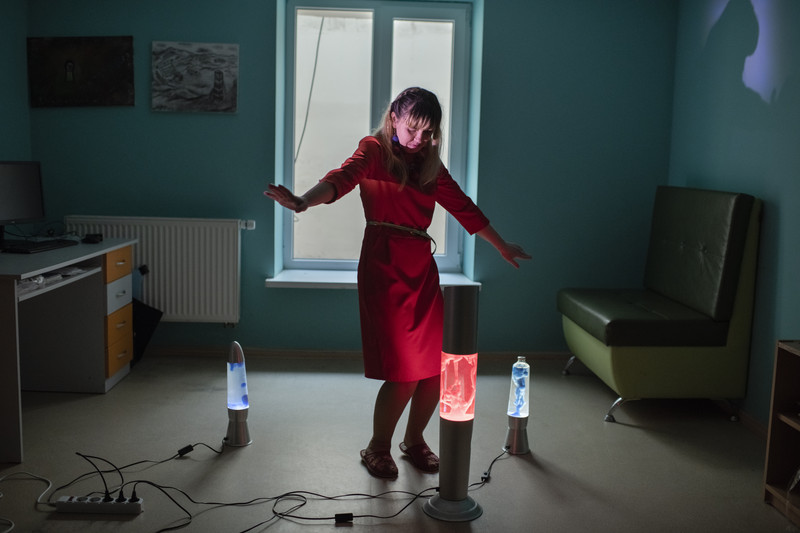

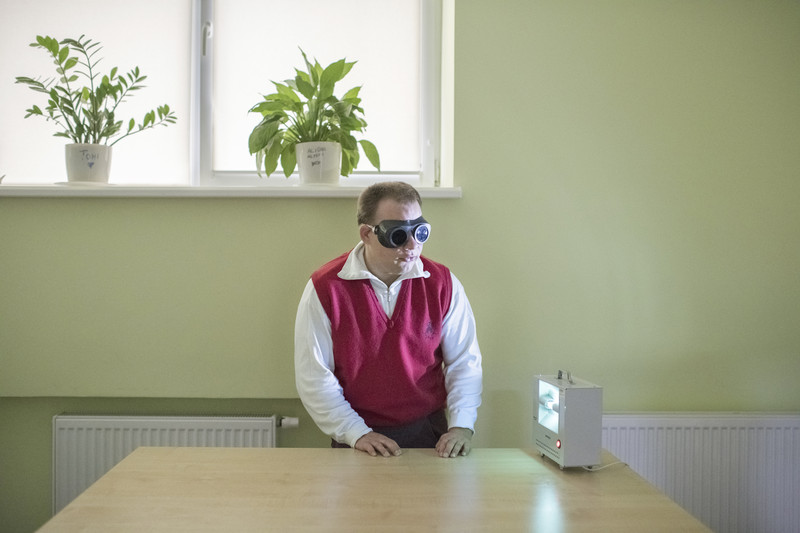
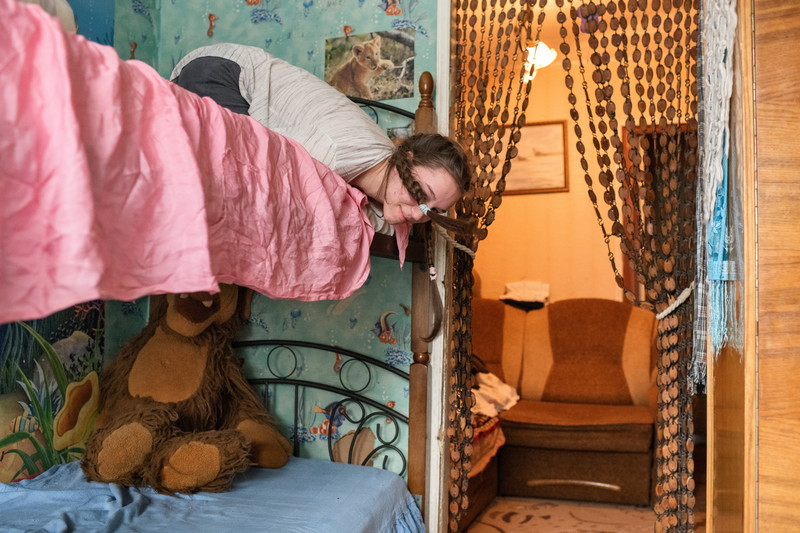
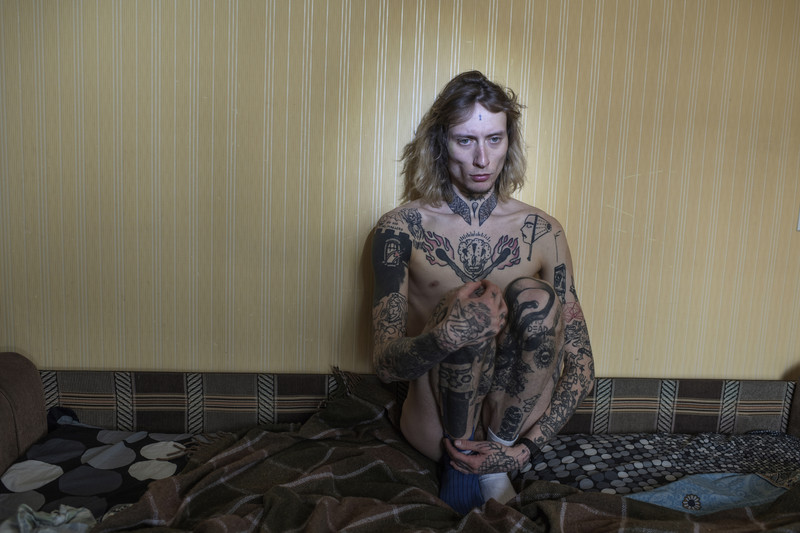
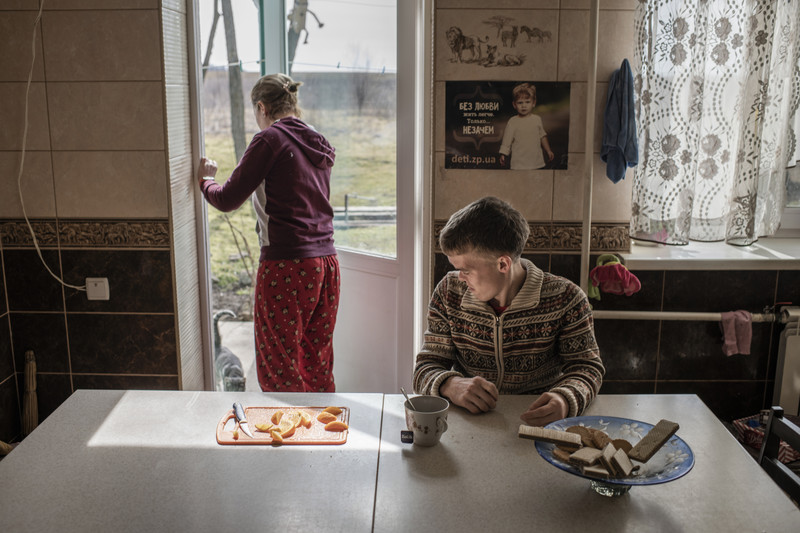

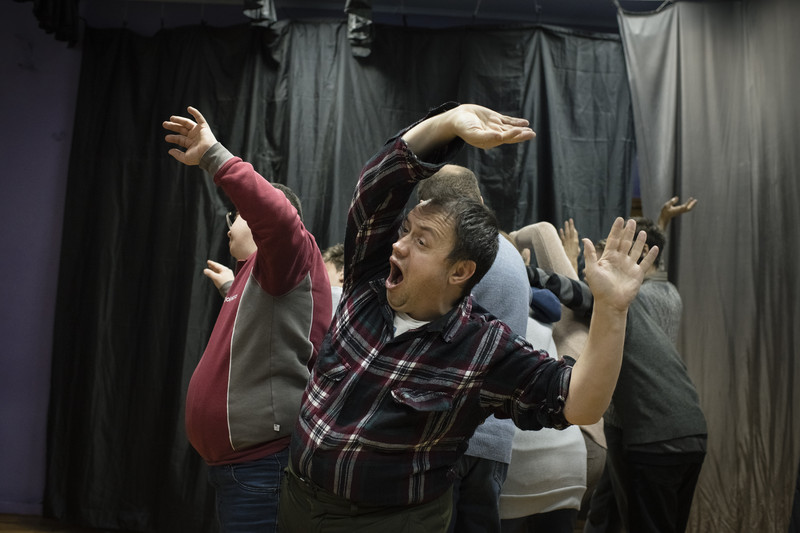
click to view the complete set of images in the archive
